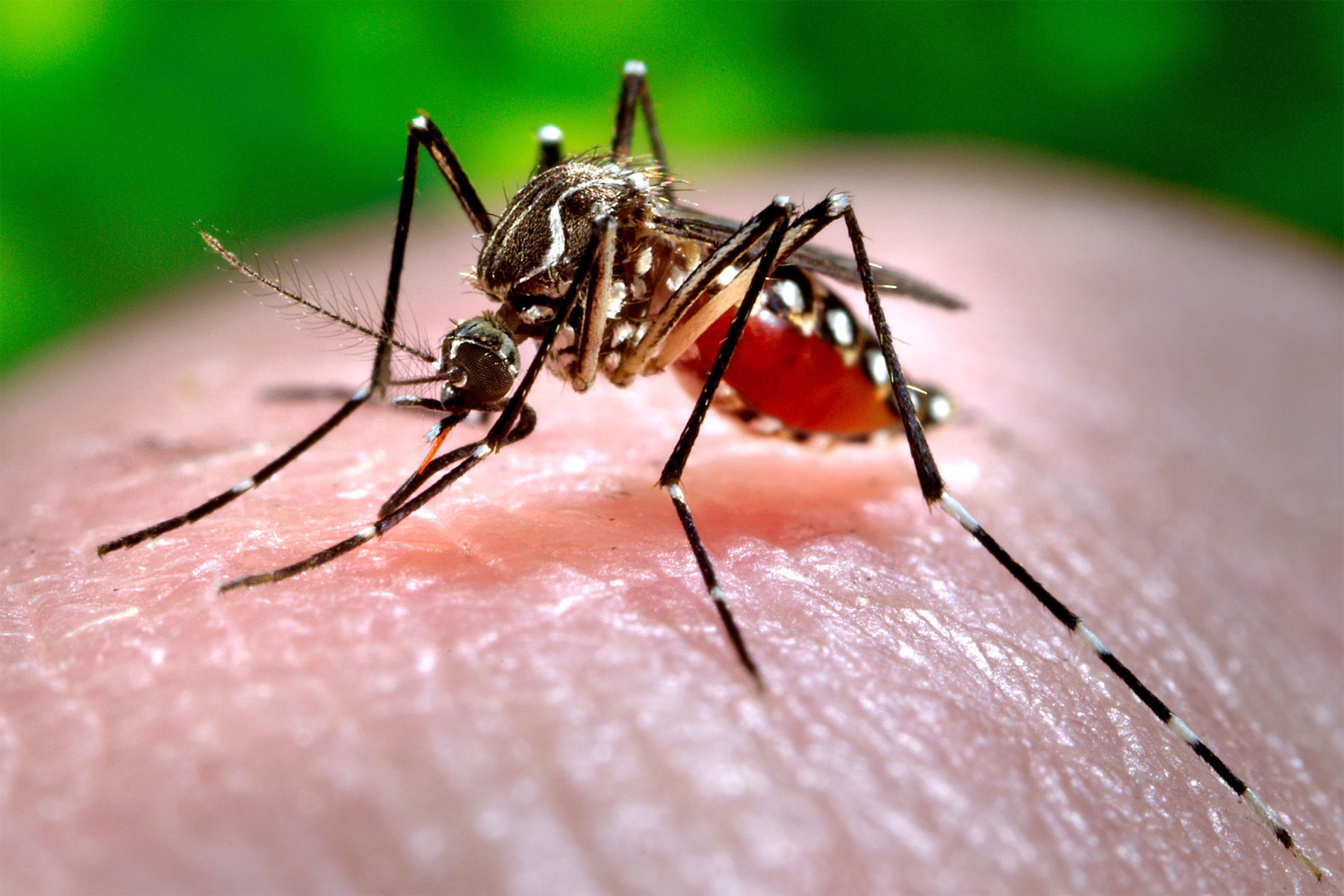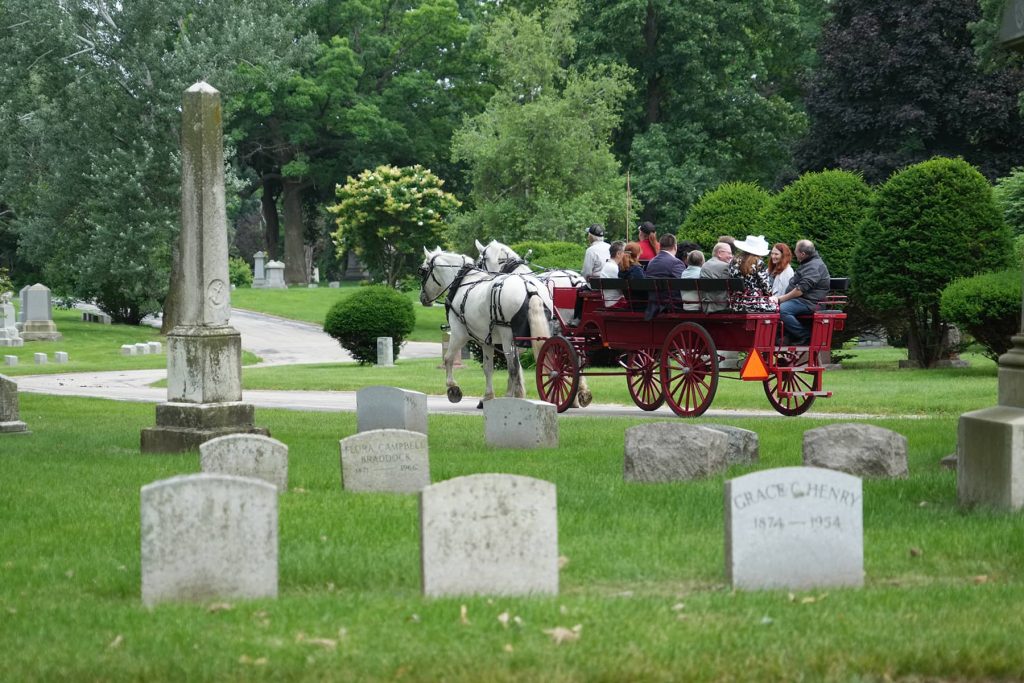
The City of Milwaukee Health Department (MHD) confirmed on June 30 that mosquito surveillance in the city has indicated the presence of West Nile virus.
The mosquitoes collected and tested as part of the MHD’s seasonal West Nile Virus surveillance efforts.
“Though the City of Milwaukee Health Department has not seen a confirmed case of West Nile virus in an individual this year, detection of the virus in mosquitoes serves as a reminder to all city residents to protect themselves against mosquito bites,” said Commissioner of Health Bevan Baker said in a news release.
West Nile virus (WNV) is a potentially serious illness spread by the bite of an infected mosquito. Experts believe WNV is established as a seasonal epidemic in North America that flares up in the summer and continues into the fall.
The majority of people infected by WNV never experience symptoms. Approximately 20 percent of individuals will experience mild illness, with symptoms that can include fever, headache, muscle pains and a rash. Less than one percent of people infected with WNV become seriously ill. Severe symptoms can include the sudden onset of a high fever, a stiff neck, extreme muscle weakness, tremors or convulsions, or disorientation.
Report Dead Birds
Dead birds may be an indicator of West Nile virus activity. If you find a dead or sick bird, report it to the Wisconsin Dead Bird Hotline at (800) 433-1610. The Wisconsin Dead Bird Hotline will be available for callers seasonally from approximately May through October.
If it is determined the bird needs to be collected for West Nile virus testing, you will be instructed to call the City of Milwaukee Health Department or your local health department to arrange for shipping. If you need to pick up the dead bird, or you are instructed to simply dispose of it: avoid bare-handed contact and use gloves or an inverted plastic bag to place the bird carcass in a garbage bag and dispose of it with your routine trash. Wash your hands thoroughly following disposal or handling, even if gloves are worn. There is no evidence that West Nile virus can be acquired by handling dead birds. West Nile virus is transmitted by mosquitoes, so the best way to protect yourself from West Nile virus is to avoid getting bitten by mosquitoes.
Protect Yourself from Mosquito Bites
To protect yourself and your family from mosquito bites, the City of Milwaukee Health Department recommends:
- Limiting time outdoors and wearing long-sleeved shirts, long pants, socks and shoes at dusk and dawn when mosquitos are most active.
- Applying an insect repellant with DEET, IR 3535, picaridin, or oil of lemon eucalyptus to clothing as well as exposed skin. Always apply according to the label instructions.
- Preventing mosquitos from breeding by removing stagnant water from areas such as flowerpots, plastic containers, gutters and downspouts. Water in birdbaths and pet dishes should be changed at least every three days. Swimming pools, outdoor saunas and hot tubs should be cleaned and chlorinated. Pool covers should be drained of standing water.
- Trimming tall grass, weeds, and vines as mosquitoes use these areas to rest during hot daylight hours, and landscaping to prevent water from pooling in low-lying areas.
- Mosquito-proofing your home by fixing holes in screens, windows, and doors.
For more information, visit Milwaukee.gov/health.














